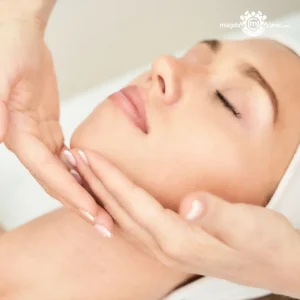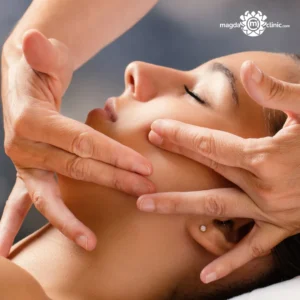Introduction to Pregnancy Massage
Pregnancy massage, also known as prenatal massage, is a specialized form of bodywork that addresses the unique needs of expecting mothers. This therapeutic approach incorporates techniques from various massage modalities, including Swedish, deep tissue, and Shiatsu, to provide physical and emotional relief to pregnant women. By focusing on the specific changes and challenges that occur during pregnancy, prenatal massage offers numerous benefits to both the mother and the developing fetus.
Anxiety and Depression During Pregnancy
Pregnancy is a life-changing experience that can bring about a range of emotions, including joy, excitement, and anticipation. However, it can also be a time of increased stress, anxiety, and depression for many expectant mothers. Factors such as hormonal changes, physical discomfort, and concerns about the health and well-being of the unborn child can contribute to feelings of anxiety and depression during pregnancy. These emotional disturbances not only affect the mother’s quality of life but may also have long-term implications for the baby’s development and overall health.
Benefits of Pregnancy Massage for Anxiety and Depression
Pregnancy massage has been found to be an effective, non-invasive, and drug-free method for reducing anxiety and depression during pregnancy. Here are some key benefits of prenatal massage in addressing these mental health concerns:
1. Reduced Stress Hormones: Studies have shown that pregnancy massage can significantly lower the levels of cortisol, the primary stress hormone, and increase the production of serotonin and dopamine, the “feel-good” neurotransmitters. This hormonal balance can help to alleviate anxiety and depressive symptoms in expectant mothers.
2. Enhanced Relaxation: The soothing touch of a skilled pregnancy massage therapist can promote deep relaxation, helping to reduce muscle tension, improve sleep quality, and create a sense of calm and well-being.
3. Improved Emotional Connection: Pregnancy massage can foster a stronger bond between the mother and her unborn child, as it encourages a heightened sense of awareness and connection to the baby. This emotional support can be especially beneficial in reducing feelings of anxiety and depression.
4. Increased Circulation: Prenatal massage promotes better blood circulation, which in turn helps to deliver essential nutrients and oxygen to the mother and baby. Improved circulation can also aid in the elimination of toxins and reduce swelling, further contributing to a reduction in anxiety and depression.
Techniques and Precautions in Pregnancy Massage
While pregnancy massage can offer numerous benefits, it is essential to be aware of the techniques and precautions necessary to ensure a safe and effective experience. Some important considerations include:
1. Positioning: Pregnant women should avoid lying on their stomach or flat on their back during massage. Instead, they should be positioned on their side, supported by pillows or specially designed pregnancy massage cushions.
2. Pressure: Light to moderate pressure should be applied during pregnancy massage to avoid overstimulation or discomfort. Deep tissue work should be avoided, particularly around the abdominal area and lower back.
3. Avoiding Trigger Points: There are specific areas on the body, such as the inner ankle and the webbing between the thumb and index finger, that are associated with inducing contractions or early labour. Pregnancy massage therapists should avoid applying pressure to these points.
4. Medical Conditions: Expectant mothers with certain medical conditions, such as high blood pressure, gestational diabetes, or preeclampsia, should consult with their healthcare provider before receiving a pregnancy massage.
Selecting a Qualified Pregnancy Massage Therapist
To ensure a safe and beneficial pregnancy massage experience, it is crucial to choose a qualified therapist with expertise in prenatal massage. Here are some tips for selecting the right practitioner:
1. Certification: Look for a massage therapist who has completed specialized training and certification in pregnancy massage. This ensures that they are well-versed in the unique requirements and precautions associated with prenatal massage.
2. Experience: Seek out a therapist with experience working with pregnant clients. They will be more familiar with the techniques and adjustments needed to provide an effective and comfortable massage.
3. Communication: Establish open communication with your therapist to discuss your specific needs, concerns, and any discomfort you may experience during the session. A skilled therapist will be responsive to your feedback and make necessary adjustments to ensure your safety and comfort.
4. Consultation: Before your first session, schedule a consultation with the therapist to discuss your pregnancy, medical history, and any concerns you may have. This will allow the therapist to tailor the massage to your unique needs and ensure the best possible experience.
Conclusion
Pregnancy massage plays a significant role in reducing anxiety and depression during pregnancy, offering numerous physical and emotional benefits to both the mother and the developing baby. By selecting a qualified pregnancy massage therapist and being aware of the necessary techniques and precautions, expectant mothers can safely and effectively utilize prenatal massage as a natural, non-invasive method for managing their mental health during this life-changing period.






